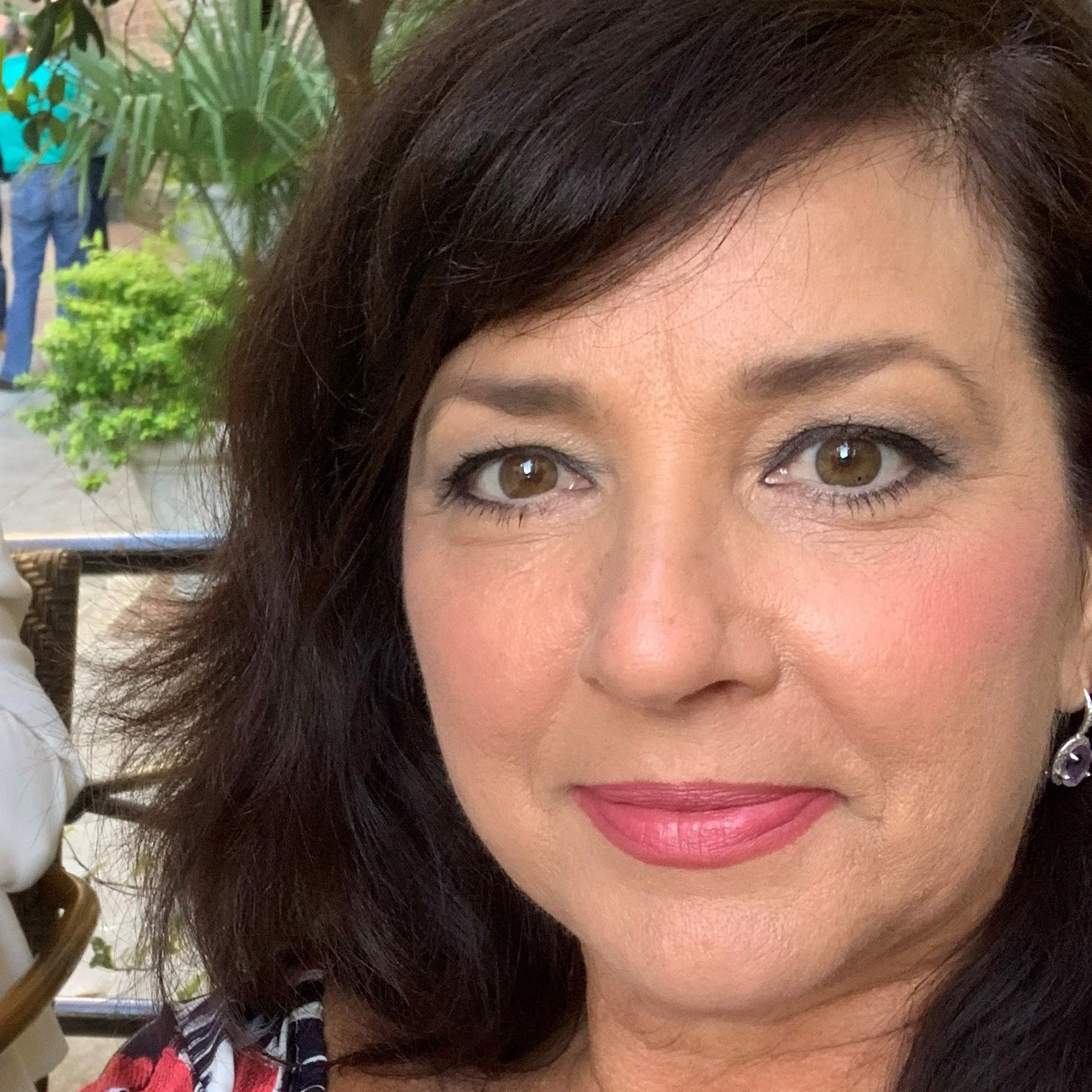Best Fundraising Tips Ever: Experts Share Ideas That Work

You can’t work in the social good sector without being very familiar with the concept of paying it forward. Donors share their good fortune with those in need. Corporations give back to the communities that support them. Volunteers serve missions that matter to them. Paying it forward is simply what nonprofits, schools, foundations, and their supporters do.
In that same spirit, we asked some of our favorite fundraisers to share their best piece of fundraising advice, as a way of paying it forward to other gift officers.
Fundraising Advice from the Voice of Experience
Our go-to experts offer hard-earned pointers on everything from tweaking email blasts to using an expired credit card as a touchpoint. If you’re looking for fundraising ideas that really work, put our experts’ advice to good use. Then pass it on.
Best Fundraising Tips for Donor Engagement
What works for one supporter does not necessarily resonate with another. Gen Z wants to be part of a community, so think virtual. Planned giving donors want to be part of a legacy, so think brick-and-mortar. Here’s how our experts improve engagement with various donor segments.
Gen X Responds to Good Storytelling
“By sharing personal stories and experiences that showcase the impact of our cause, we’ve been able to connect with Gen X on a deeper level and inspire them to support our fundraising efforts.”—Tracey Harrow, private elementary school
Make a Special Swag Delivery to Major Donors
“Members at the two highest levels receive physical gifts. Any of those donors within a reasonable area receive their gifts hand-delivered to them personally. This allows development staff to meet supporters, which helps further engage them.”—Susan Neyman, US Marshals Museum
Resurrect Events Planned Givers Can’t Forget
“We reinstated a beloved event, the 1892 Society Luncheon, which brings together planned giving donors and prospects for an afternoon of a delightful lunch, a brief history of the Society, a presentation about current projects and future plans, and questions and answers.”—Kimberly Townsend Pierce, Chester County Hospital Foundation
Throw a Brick Bash for Sustainers
“Since the launch of the Brick Program in 2019, we have generated thousands of dollars in revenue. We set aside time periodically when we add batches of bricks to the walk. We call this our ‘Brick Bash.’ Staff are available for a few hours with cookies and lemonade. It’s a fun engagement opportunity to turn brick purchasers into sustaining donors.”—Susan Neyman, US Marshals Museum Foundation
Deliver a Newsletter Boomers Will Love
“A high percentage of our donors are also members. We started a newsletter that has long-form content and highlights members to help build our membership into more of a community.”—Katie Farkas, View Arts Center
Expiry Dates Can Be a Retention Touchpoint
“We run a report at the beginning of each month of credit cards that are expiring so donors can get a personal call, thank you, and ask for a new card. Since we have started that, our retention is so much better, and many have upped their giving.”—Amy Barker, Pine Street Inn
Send a Handwritten Note to Stagnant Sustainers
“I have been tasked with working with long-time sustaining donors who have not increased their giving in a while. I crafted a letter with how many years they have been giving, what their grand total of giving is over those years, and how it impacts the organization. It’s a form letter, but I also handwrite something to each individual. If we’ve met, I reference that. If I know something special about them, I bring that up. Each letter has, at a minimum, a handwritten ‘thank you’ under the form letter. I’ve had a lot of positive feedback.”—Sharon Sandberg, Austin Presbyterian Theological Seminar
Best Fundraising Tips for Events
According to The Resilient Nonprofit report from the Blackbaud Institute, events are central to nonprofit organizations’ success, accounting for 10% of overall income. The good news is that 53% of the report’s respondents say they have positive outcomes with galas, parties, walks, and peer-to-peer fundraisers. Here is expert advice for making events even more successful.
Modernize Legacy Events for Younger Supporters
“The Chester County Hospital Gala at Longwood Gardens has been a successful event for over 30 years. The program has changed, however, based on new generations of donors. In addition to the usual dinner, remarks, and sponsor recognition, the gala committee has made it a priority to bring in entertainment from a variety of cultures.”—Kimberly Townsend Pierce, Chester County Hospital Foundation
Diversify Your Giving Day
“Have a multitude of funds and projects to choose from to engage everyone’s interest.”—JoAnn Strommen, South Dakota Mines Center for Alumni Relations & Advancement
Don’t Ask for Donations at Every Alumni Event
“Holding alumni events where we are not soliciting money has helped with engagement as well as our alumni donation participation rates.”—Hannah McKinney, Montreat College
Plan Events that Reflect Your Organizational Values
“By enhancing our events, we not only gather vital support but also imbue our school’s values, fostering enduring relationships. Our diverse range of events caters to stakeholders of all ages and interests, ensuring engagement across the board. The networking opportunities stemming from these events have enabled us to raise three times more than in any period in the school’s history.”—Ashley Williamson, Malvern Prep
Best Fundraising Tips for Building Your Pipeline
Your pipeline is a detailed plan of identification, cultivation, solicitation, and stewardship of donors and prospects. The techniques our experts use can help build a steady stream of support for cultural organizations, schools, healthcare foundations, and nonprofits of any size.
Apply Marketing Strategies to E-Blasts
“Instead of always doing generic, broad-reaching e-blasts, take time to segment and personalize e-blasts to yield higher donations. We add a direct ask into the email, imbed their last gift amount and date, and specifically ask them to renew their gift at a higher level.”—Tatiana Tuccio, Los Angeles Jewish Health
Play Affinity Matchmaker
“Research donor’s philanthropic interests and tailor your asks to the micro-campaigns that match.”—Hannah McKinney, Montreat College
Add Visitors to the Prospect Pipeline
“As visitors come to the museum, many sign up for the ‘I want to receive your newsletter’ list. They are added to the prospects who are put through the donor-screening product we use. They are also included in email solicitations.”—Susan Neyman, US Marshals Museum
Best Fundraising Tips for Diversifying Revenue Sources
The Resilient Nonprofit found that increasing revenue streams was no guarantee of increased income. In fact, most organizations employ 15-17 revenue streams, but outcomes vary widely. It’s more important to find what works for your organization and invest wisely in those channels. Our experts have some suggestions.
Connect with Corporations
“Making sure to communicate specifically with our business members and corporate partners has become really important. They can be such a great asset to an organization.”—Katie Farkas, View Arts Center
Go for Grants
“Reaching out personally to government agencies and expressing your needs and concerns can give you a better chance of allocating money from grants. Government or corporate grants are usually the easiest way to generate revenue.”—Tracey Harrow, private elementary school
Give Membership More Attention
“Make sure there is a clear communication channel for members and actively build relationships with them. If they are continually having positive experiences, they will be more likely to continue their membership, recommend others to come to your organization, and potentially become donors.”—Katie Farkas, View Arts Center
What’s Your Best Fundraising Tip?
Experiment with fundraising ideas and share your own tips and hacks with other fundraisers. When we pay it forward and celebrate each other’s successes, we keep pace with a fast-changing industry, contribute to its advancement, and make a real difference to the communities we serve.
